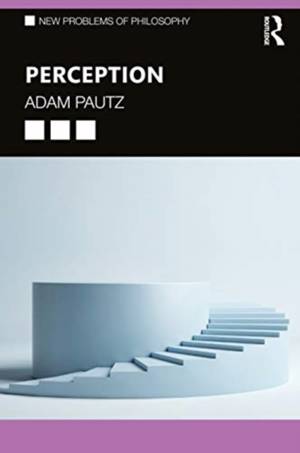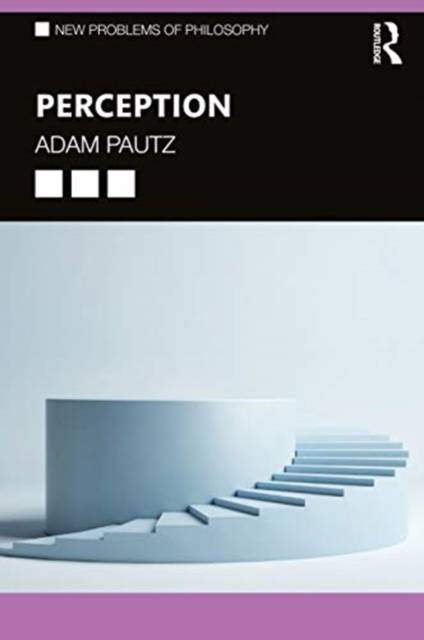
- Afhalen na 1 uur in een winkel met voorraad
- Gratis thuislevering in België vanaf € 30
- Ruim aanbod met 7 miljoen producten
- Afhalen na 1 uur in een winkel met voorraad
- Gratis thuislevering in België vanaf € 30
- Ruim aanbod met 7 miljoen producten
Omschrijving
Perception is one of the most pervasive and puzzling problems in philosophy, generating a great deal of attention and controversy in philosophy of mind, psychology and metaphysics. If perceptual illusion and hallucination are possible, how can perception be what it intuitively seems to be, a direct and immediate access to reality? How can perception be both internally dependent and externally directed?
Perception is an outstanding introduction to this fundamental topic, covering both the perennial and recent work on the problem. Adam Pautz examines four of the most important theories of perception: the sense datum view; the internal physical state view; the representational view; and naïve realism, assessing each in turn. He also discusses the relationship between perception and the physical world and the issue of whether reality is as it appears.
Useful examples are included throughout the book to illustrate the puzzles of perception, including hallucinations, illusions, the laws of appearance, blindsight, and neuroscientific explanations of our experience of pain, smell and color. The book covers both traditional philosophical arguments and more recent empirical arguments deriving from research in psychophysics and neuroscience.
The addition of chapter summaries, suggestions for further reading and a glossary of terms make Perception essential reading for anyone studying the topic in detail, as well as for students of philosophy of mind, philosophy of psychology and metaphysics.
Specificaties
Betrokkenen
- Auteur(s):
- Uitgeverij:
Inhoud
- Aantal bladzijden:
- 264
- Taal:
- Engels
- Reeks:
Eigenschappen
- Productcode (EAN):
- 9780415486057
- Verschijningsdatum:
- 6/05/2021
- Uitvoering:
- Paperback
- Formaat:
- Trade paperback (VS)
- Afmetingen:
- 156 mm x 234 mm
- Gewicht:
- 390 g

Alleen bij Standaard Boekhandel
Beoordelingen
We publiceren alleen reviews die voldoen aan de voorwaarden voor reviews. Bekijk onze voorwaarden voor reviews.











